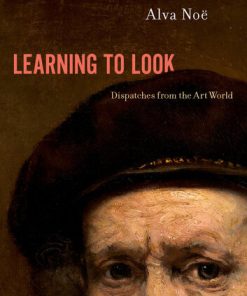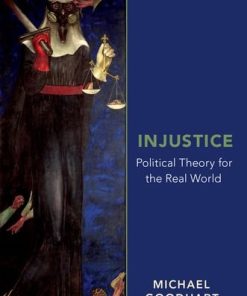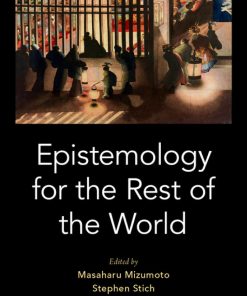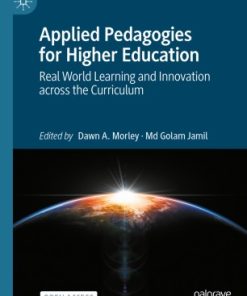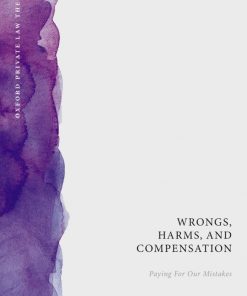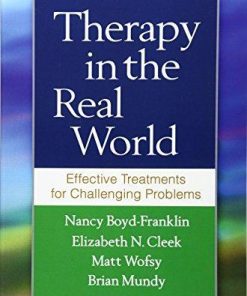Learning from Our Mistakes: Epistemology for the Real World William J. Talbott
$50.00 Original price was: $50.00.$25.00Current price is: $25.00.
Learning from Our Mistakes: Epistemology for the Real World – Ebook Instant Download/Delivery ISBN(s): 9780197567654,0197567657,9780197567678, 0197567673
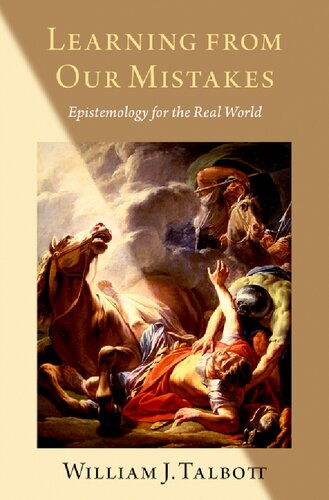
Product details:
- ISBN-10: 0197567673
- ISBN-13: 9780197567678
- Author: William J. Talbott
In Learning from Our Mistakes: Epistemology for the Real World, William J. Talbott provides a new framework for understanding the history of Western epistemology and uses it to propose a new way of understanding rational belief that can be applied to pressing social and political issues. Talbott’s new model of rational belief is not a model of a theorem prover in mathematics ? It is a model of a good learner. Being a good learner requires sensitivity to clues, the imaginative ability to generate alternative explanatory narratives that fit the clues, and the ability to select the most coherent explanatory narrative. Sensitivity to clues requires sensitivity not only to evidence that supports one’s own beliefs, but also to evidence that casts doubt on them. One of the most important characteristics of a good learner is the ability to correct mistakes. From this model, Talbott articulates nine principles that help to explain the difference between rational and irrational belief. Talbott contrasts his approach with the approach of historically important philosophers, including Socrates, Plato, Aristotle, Hume, Kant, Wittgenstein, and Kuhn, as well as with a range of contemporary approaches, including pragmatism, Bayesianism, and naturalism.
Table contents:
I. The Proof Paradigm and the Causal Revolution in Epistemology
Introduction
1. The Proof Paradigm
2. Two Crises for the Proof Paradigm in the Enlightenment
3. The End of the Proof Paradigm?
4. The Causal Revolution in Epistemology
II. A New Way of Understanding Epistemic Rationality
5. An Alternative to the Proof Paradigm for Ground-Level Rationality
6. Two More Principles of Epistemic Rationality
III. And Epistemic Irrationality
7. Epistemology for the Real World: Prejudiced Beliefs and Other Kinds of Epistemically Irrational Biased Beliefs
8. Internally Inconsistent, Self-Refuting, and Self-Undermining Views
IV. More on Epistemic Rationality
9. Bayesian Accounts of Epistemic Rationality
10. An Alternative to the Proof Paradigm for Metacognitive Rationality
11. Necessity and Universality
12. The Evolutionary Naturalist Challenge to Non-Naturalist Normative Epistemic Realism
V. Clarifications, Responses to Objections, and Conclusion
13. Clarifications and Objections
People also search:
learning from our mistakes
learning from our mistakes quotes
what the bible says about learning from our mistakes
why is learning from our mistakes important
importance of learning from our mistakes
You may also like…
Arts - History & Criticism
Learning to Look. Dispatches from the Art World 1st Edition Alva Noë
History - American Studies
World History, Volume II: Since 1500 9th Edition William J Duiker Jackson J Spielvogel
Politics & Philosophy - Social Sciences
Politics & Philosophy - Anthropology
Politics & Philosophy - Anthropology
Education Studies & Teaching
History - American Studies




